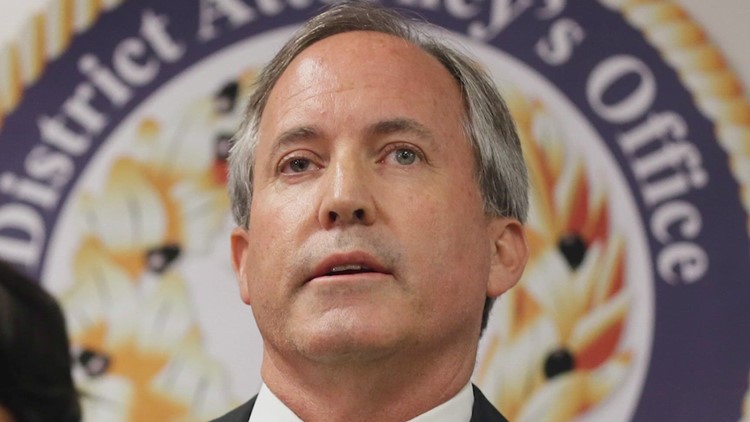The Fight Over Biden’s Citizenship Pathway for Immigrants Without Legal Status

In a year where immigration is a hot-button issue, a new federal program has emerged, sparking controversy and legal challenges. The program, spearheaded by President Joe Biden, aims to provide nearly half a million immigrants without legal status who are married to U.S. citizens a pathway to citizenship.
Republican-led states, totaling sixteen, have filed a lawsuit to stop the program, accusing the Biden administration of bypassing Congress and creating the pathway for “blatant political purposes.”
Under the new policy, eligible spouses without legal status can apply for “parole in place,” granting them permission to remain in the U.S., apply for a green card, and eventually pursue citizenship. The application process began on Monday, sparking further debate and criticism from those who view the program as a form of amnesty for lawbreakers.
Opponents argue that the program is unconstitutional and exacerbates the ongoing illegal immigration crisis. Texas Attorney General Ken Paxton voiced his concerns, stating that the plan is detrimental to both Texas and the nation.
To qualify for the program, immigrants must meet specific criteria, including continuous residency in the U.S. for at least 10 years, absence of security threats or disqualifying criminal history, and marriage to a U.S. citizen before June 17th, the program’s announcement date.
Applicants must pay a $580 fee, submit extensive documentation, and provide a compelling case for humanitarian parole. If approved, they have three years to pursue permanent residency and gain work authorization during this period.
The Biden administration estimates that approximately 500,000 individuals and 50,000 children may be eligible for the program, offering a new opportunity for those previously facing obstacles to obtaining legal status.
Prior to this initiative, obtaining a green card for immigrants without legal status married to U.S. citizens was arduous and risky, often involving lengthy separations and uncertainty. The new program seeks to streamline this process and provide a more accessible pathway to citizenship.

